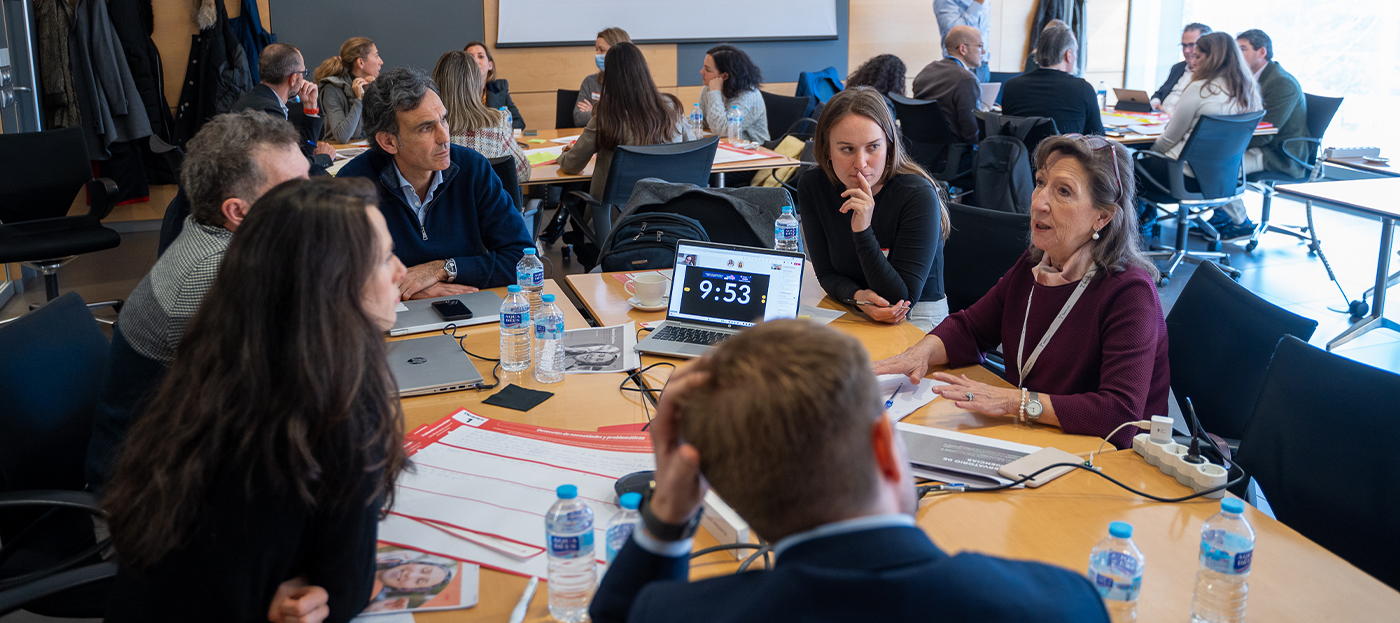
With the objective of addressing the multifaceted challenges associated with gynaecological cancer, the establishment of the E-llas Innovation Hub represents a pivotal development in efforts among patients, healthcare professionals, and various stakeholders within the ecosystem. After achieving consensus on objectives with all Hub members during the initial phase, the subsequent stage of the project was concentrated on knowledge generation. This involved investigating the various domains affected by gynaecological cancer, such as clinical process, employment, sexual health, nutrition, exercise, emotional well-being, and fertility.
A multitude of crucial aspects concerning the clinical process and comprehensive patient support were identified and subsequently divided into distinct stages throughout this research accomplishing:
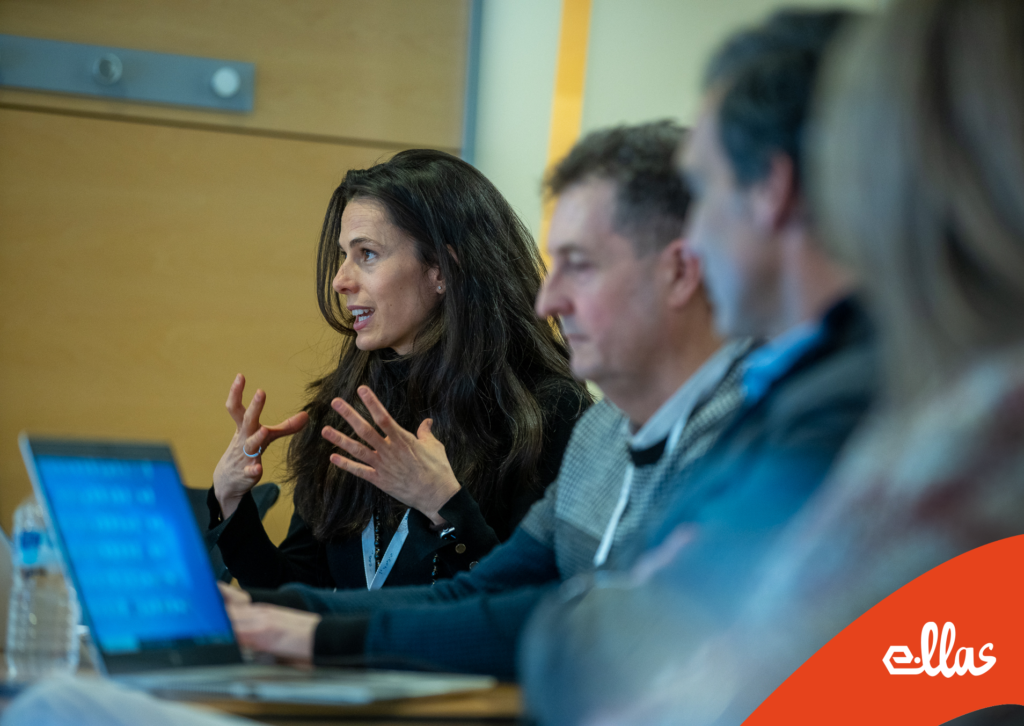
Prevention: This represents a critical phase where the general population is inadequately informed about the importance of avoiding risk factors and maintaining healthy habits, as well as having limited knowledge about tumours and gynaecological check-ups on an annual basis. Obstacles such as the no specificity of symptoms, limited information dissemination, and the absence of specific clinical markers and screening programs hinder early diagnosis.
Diagnosis: Early detection of nonspecific symptoms, particularly in the case of ovarian cancer, which may elude detection by frontline professionals, presents difficulties during this phase. Also, the emotional difficulty experienced by patients during medical tests to confirm the diagnosis adds a layer of complexity to this stage.
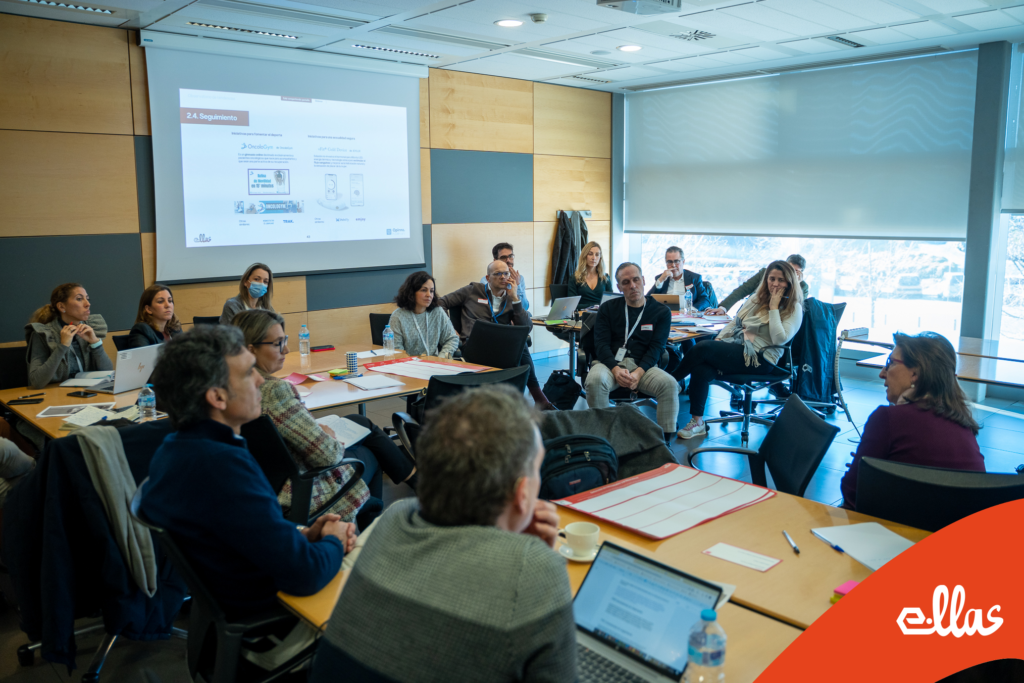
Treatment: The primary constraint involves the limited time available during follow-up consultations, which is a significant limitation that hinders the effective transmission of information regarding treatment and its adverse effects. The lack of public coverage in areas such as nutrition, physical exercise, psychology, and sexual health exacerbates the situation, requiring patients to seek additional services such as those provided by Patient Associations (PPAA) or private services, thereby posing an economic barrier for many women.
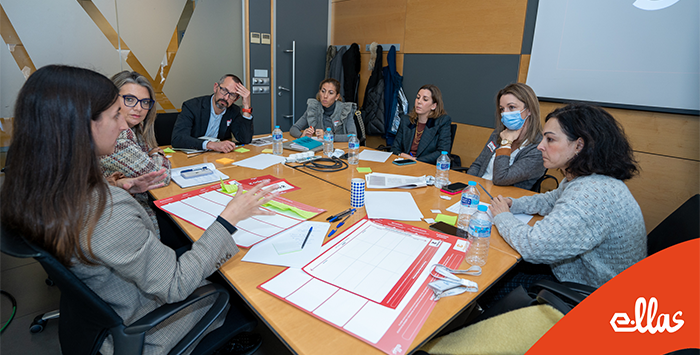
Upon completion of treatment: With the reduction in medical visits, patients experience a sense of vulnerability and apprehension regarding the possibility of a relapse. Physical and psychological consequences, in addition to the lack of comprehensive services, further complicate the process of transitioning to a new reality.
With a profound understanding of these identified needs and the context of the disease, all Hub members have united to engage in discussions leveraging their collective experiences and areas of expertise. The clinical process and women’s comprehensive health continue to be the primary approaches utilized to resolve the challenges inherent in the care process.
Moving forward, e-llas intends to present two challenges and launch an open innovation call to identify pre-existing solutions within the ecosystem and support startup initiatives that efficiently address these urgent requirements.
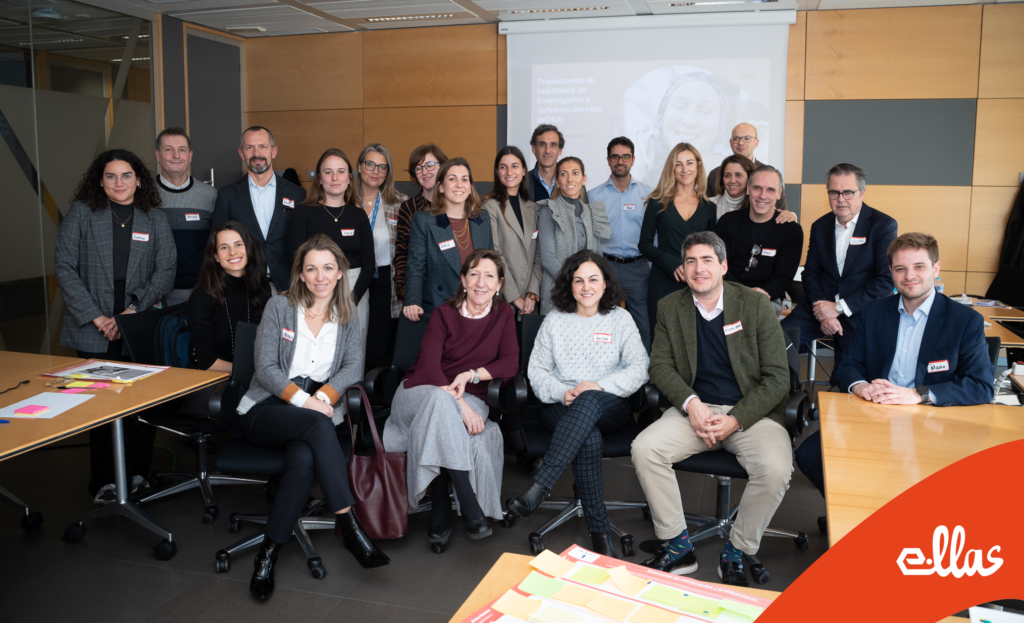
NP-ES-AOU-WCNT-240004 (v1) 02/2024
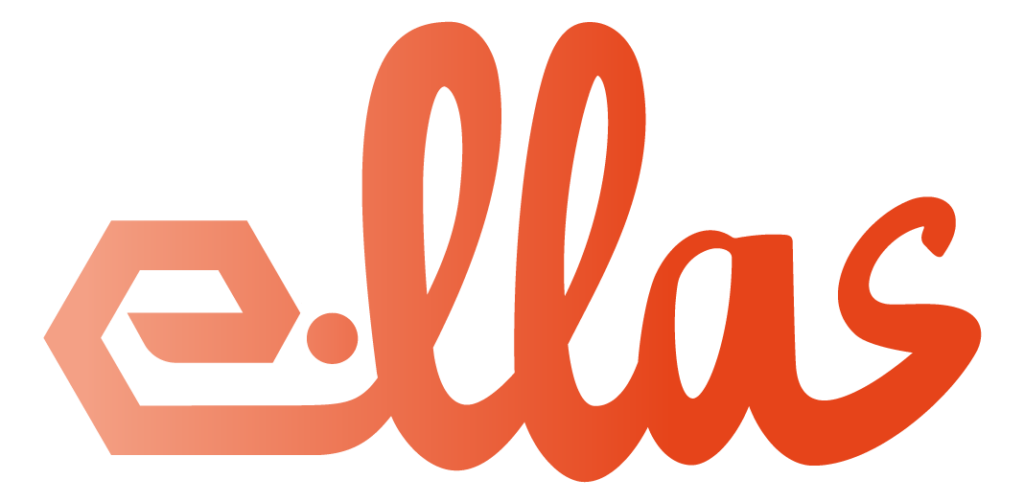
For more information, please contact your healthcare professional.
NP-ES-AOU-WCNT-240001 (v1) 02/2024